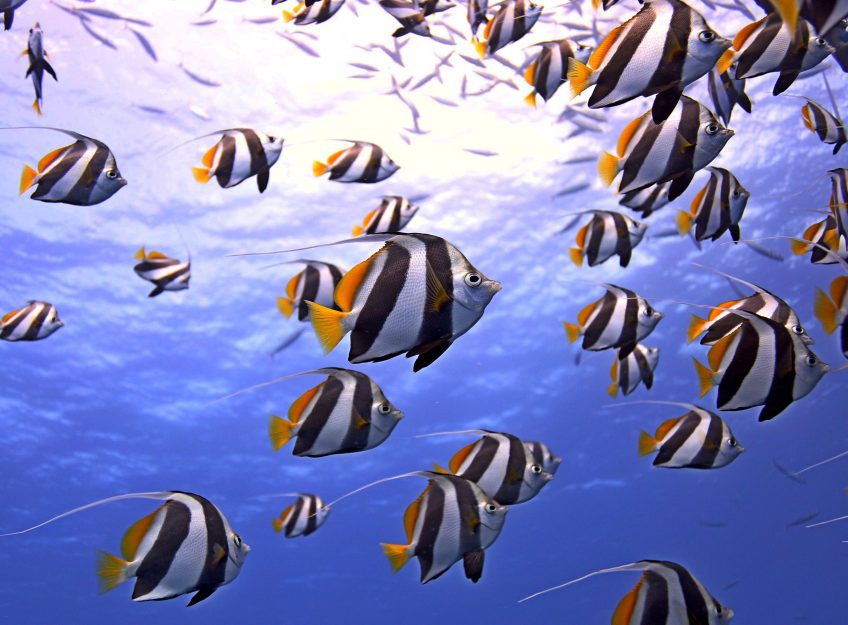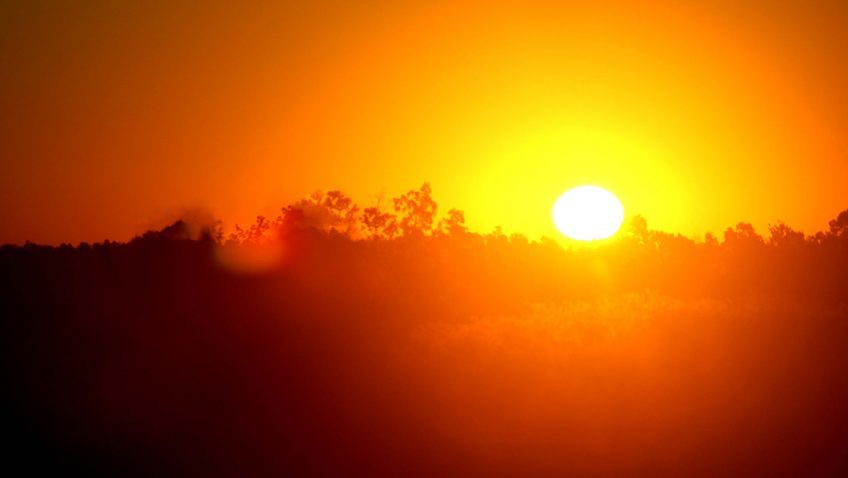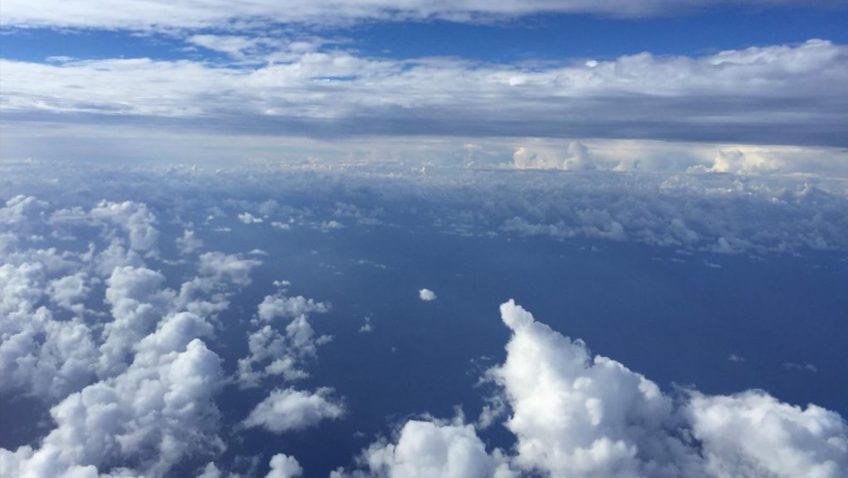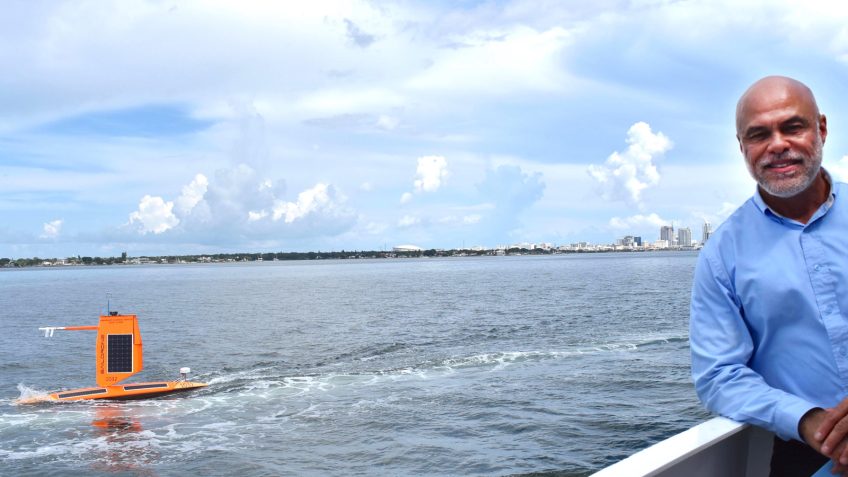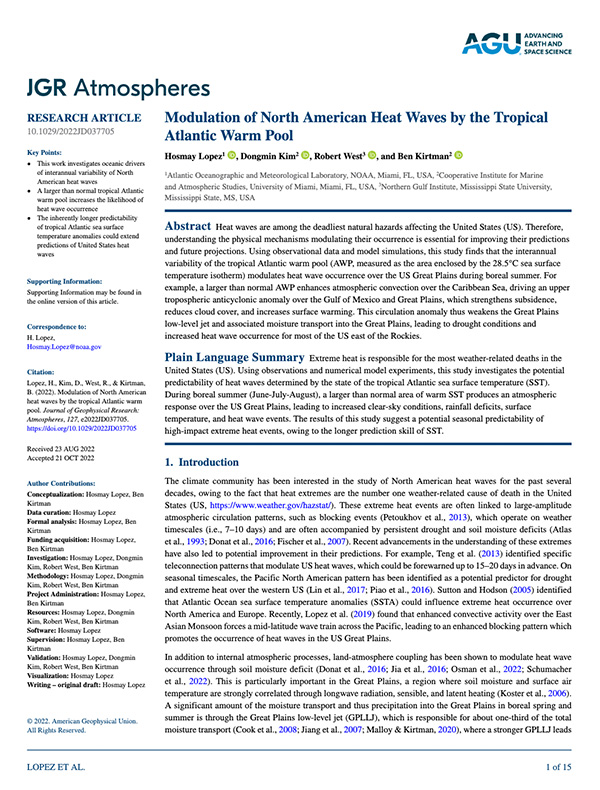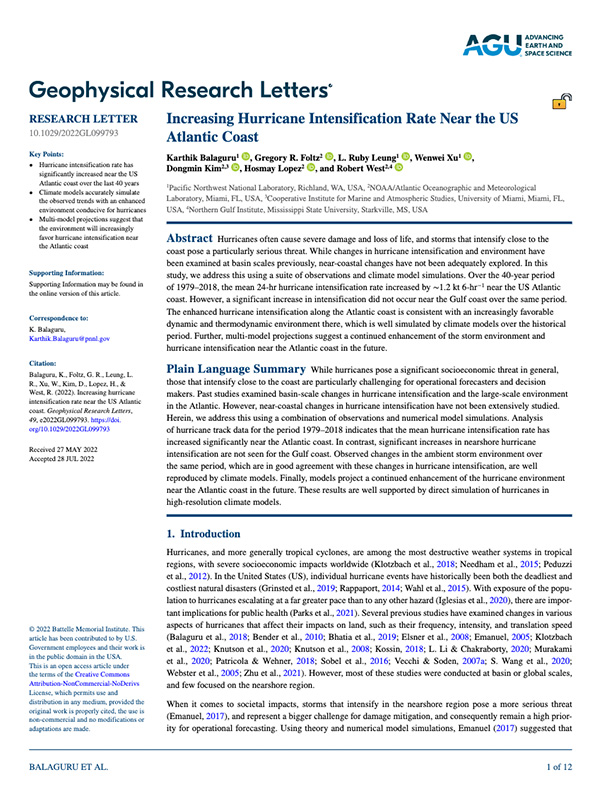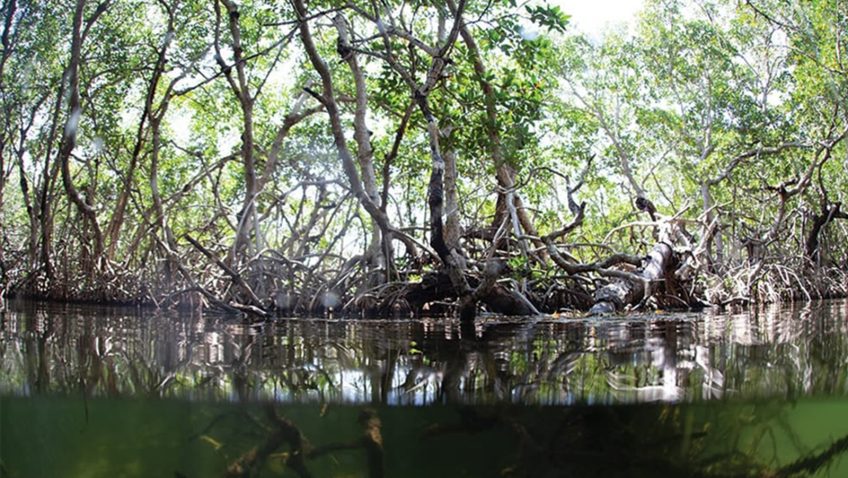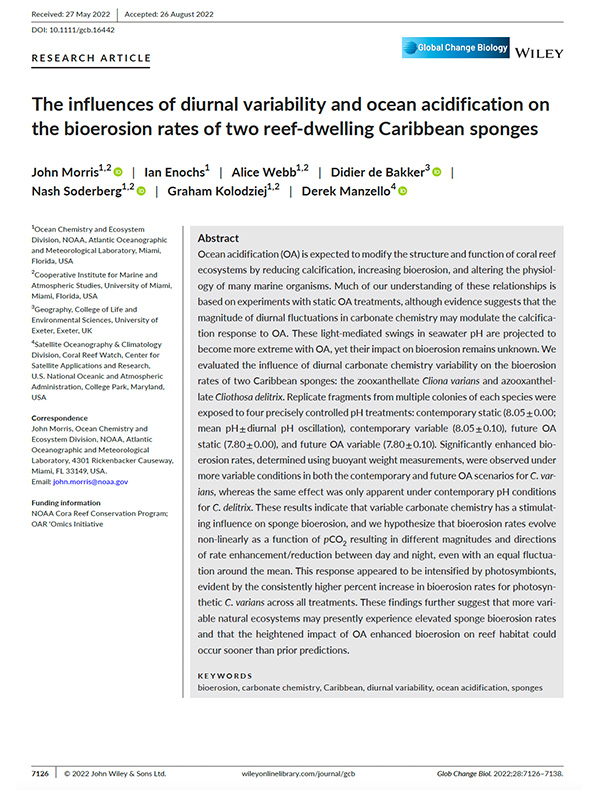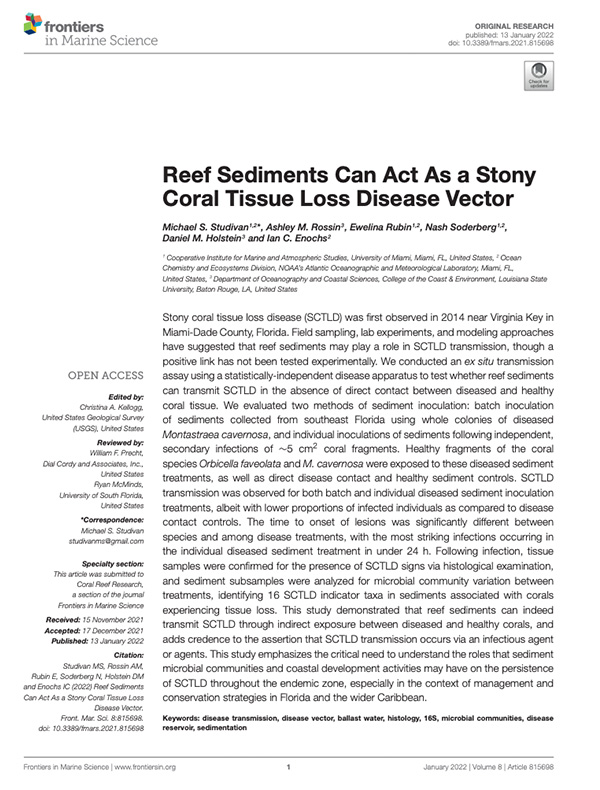How do weak, misaligned tropical cyclones evolve towards alignment? A multi-case study using the Hurricane Analysis and Forecast System
The ability to predict whether and when a tropical cyclone will become vertically aligned is critical for intensity change forecasts, as storms can intensify quickly after achieving an aligned structure. A recent study from researchers at NOAA’s Atlantic Oceanographic and Meteorological Laboratory and the University of Miami’s Cooperative Institute for Marine and Atmospheric Studies shows how weak, disorganized tropical cyclones containing different center locations with height, called misalignment, can develop a vertically aligned structure. This study works to improve forecasts of when this alignment might occur by identifying key times of the day and other tropical cyclone characteristics when alignment is likely.

